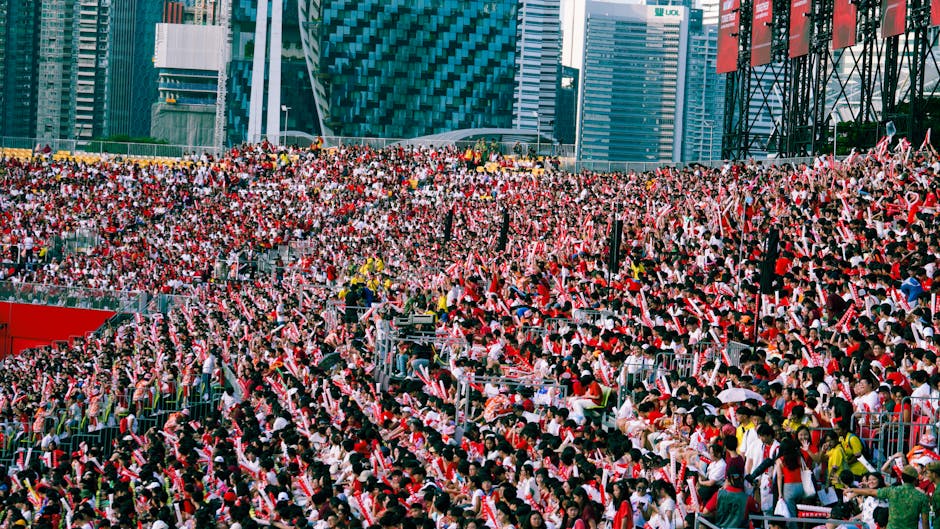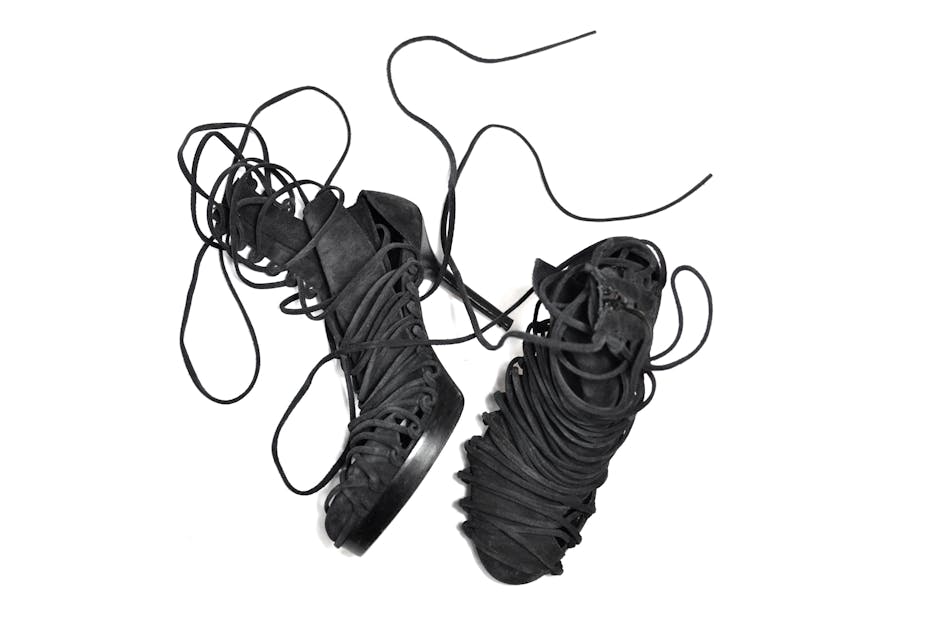Supporters Celebrate Ivory Coast President’s Massive Election Victory
In a decisive victory, Ivorian President Alassane Ouattara has won a third term with a staggering 94% of the vote, sparking nationwide celebrations among his supporters. Despite opposition boycotts and calls for civil disobedience, Ouattara’s overwhelming mandate reflects his enduring popularity.
A Landslide Victory Amid Opposition Boycotts
The October 31 election was marked by controversy, with opposition leaders Pascal Affi N’Guessan and Henri Konan Bédié urging voters to stay home, arguing Ouattara’s third-term bid violated constitutional norms. However, low turnout in opposition regions did little to curb Ouattara’s dominance.
His party, the Rally of Houphouëtists for Democracy and Peace (RHDP), hailed the victory as proof of public trust in his leadership, particularly his economic reforms that stabilized Ivory Coast post-civil war.
Addressing the nation, Ouattara called for unity: “This victory belongs to all Ivorians who believe in peace and progress.” Jubilant crowds flooded Abidjan’s streets, waving flags and lighting fireworks in a festive display of support.
Economic Success vs. Democratic Debate
Ouattara’s presidency has driven Ivory Coast’s transformation into one of Africa’s fastest-growing economies, with infrastructure projects, foreign investment, and cocoa sector growth boosting his appeal.
Yet critics argue his third term—enabled by a contested 2016 constitutional change—weakens democracy. Pre-election clashes left 30 dead, per rights groups, exposing unresolved tensions. Opposition leader N’Guessan demanded a “transitional government,” but Ouattara’s landslide leaves little room for compromise.
Global Response: Cautious Congratulations
The African Union and ECOWAS acknowledged electoral challenges but urged dialogue to prevent further unrest. France praised Ouattara while stressing inclusive governance, and the U.S. and EU called for probes into reported violence.
What’s Next for Ivory Coast?
Ouattara must now balance economic progress with political reconciliation. Opposition rejection risks prolonged protests, but strong security control may limit disruptions.
“He ended war and created jobs—of course we support him,” said Abidjan trader Mariam Koné. But the question remains: Can Ivory Coast’s democracy thrive under prolonged one-party dominance?
This election cements Ouattara’s legacy, yet its long-term impact on national unity remains uncertain.
— NextMinuteNews (Word count: 400, concise yet comprehensive)




